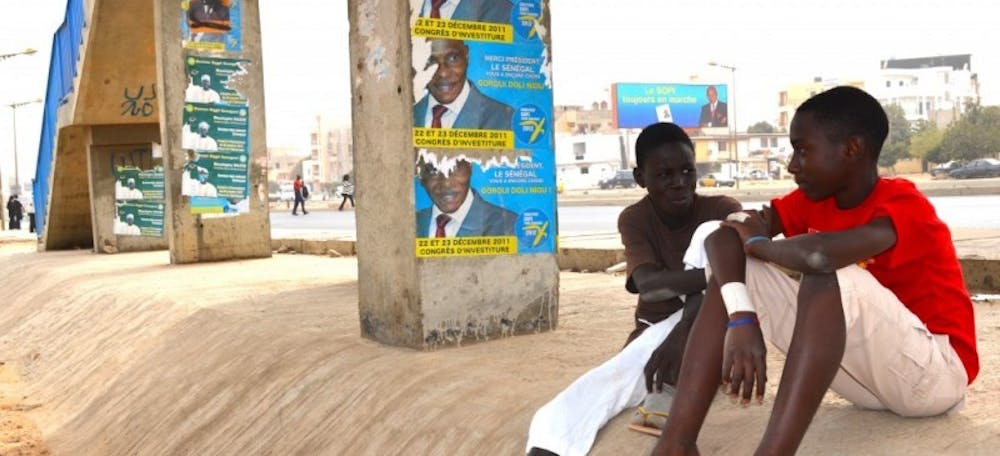Correspondents’ Corner is a place for The Pendulum’s team of international reporters to reflect on their time abroad and share stories about the new cultures they are experiencing.
About five months ago, just after I was accepted into the program at Dakar, I was leading a tour group in front of Alamance explaining how studying abroad is an important part of the culture at Elon. Although I hadn’t any personal study abroad experiences to offer, I excitedly told the prospective student and his family that I would be spending my fall semester in Senegal and jokingly added that if they returned for a tour the following spring I would have lots of cool stories to share.
After a moment’s silence, and fear that my joke had fallen flat, I heard a question that I would hear hundreds of times in the ensuing months: “Pardon my ignorance,” the father stammered nervously, “but where in the world is Senegal?” After a quick explanation in which I drew the African continent in the air with my hands, pointing towards the northwest of my invisible map, he added the all-important question: “Why Senegal?”
After faking my way through a superficial explanation highlighting the country’s rich cultural roots mixed with francophone influence, I quickly changed the subject to our school’s miniscule class size and wonderful teacher to student ratio. I also decided that I needed a better explanation as to why I was going to Senegal.
The real reason for embarking on this adventure is actually very simple although the explanation can seem somewhat complex. It’s all about my desire to better understand and relate to others, particularly those different from myself. I’ve always lived in a very homogenous community. Growing up in an upper-middle class community in New Jersey as a white Catholic, I didn’t have to try too hard to fit in. After living 18 years in the same town, I decided to try something new and go to college at Elon. Although it seemed like quite a leap to go to school nine hours from home down in the south, I’ve actually found that it’s not very different. The only characteristic that make me part of a minority is that I’m a male.
So basically, I’ve never really experienced what it’s like to be part of a minority. I’ve been privileged enough to be financially comfortable and live in a society that respects men, especially white men. I was well educated and have never struggled with a language barrier. Nobody ever judges me or my family for attending mass on Sundays. I’m part of the norm.
[quote] The moment I step off the plane in Dakar, I will be part of the minority in nearly every aspect for the first time in my life. I find this extremely exciting.[/quote]
However, the moment I step off the plane in Dakar, I will be part of the minority in nearly every aspect for the first time in my life. I find this extremely exciting. The people I interact with will speak Wolof or French, including my host family. Nearly 90% of the country is Muslim. My white skin will identify me as a foreigner. I’ll be living in a developing country where citywide blackouts are more common than WiFi hotspots. My comfort zone will be challenged and transformed.
Certainly, numerous other factors contributed to my decision to study in Dakar. I want to improve my French to expand my ability to communicate with others. I’m concentrating in Africa for my major in international studies due to my fascination of the continent. It was simply most interesting program I read about. Yet ultimately, my decision to study in Senegal stems from my desire to understand others and relate to them on a human level. I know it will be a challenge for me, but as leaving my home in New Jersey for North Carolina was a test to push myself to experience new things, leaving the United States for a four month stay in Dakar will be yet another test.
Well, I say bring it on. Even if I run into some interesting situations they’ll provide for great stories and laughter later on. After all, I promised that tour family some good stories next spring!
[box] Are you interested in writing from abroad as an international reporter for The Pendulum? Email editor Katherine Wise at kwise@elon.edu for information on how to become involved. [/box]


